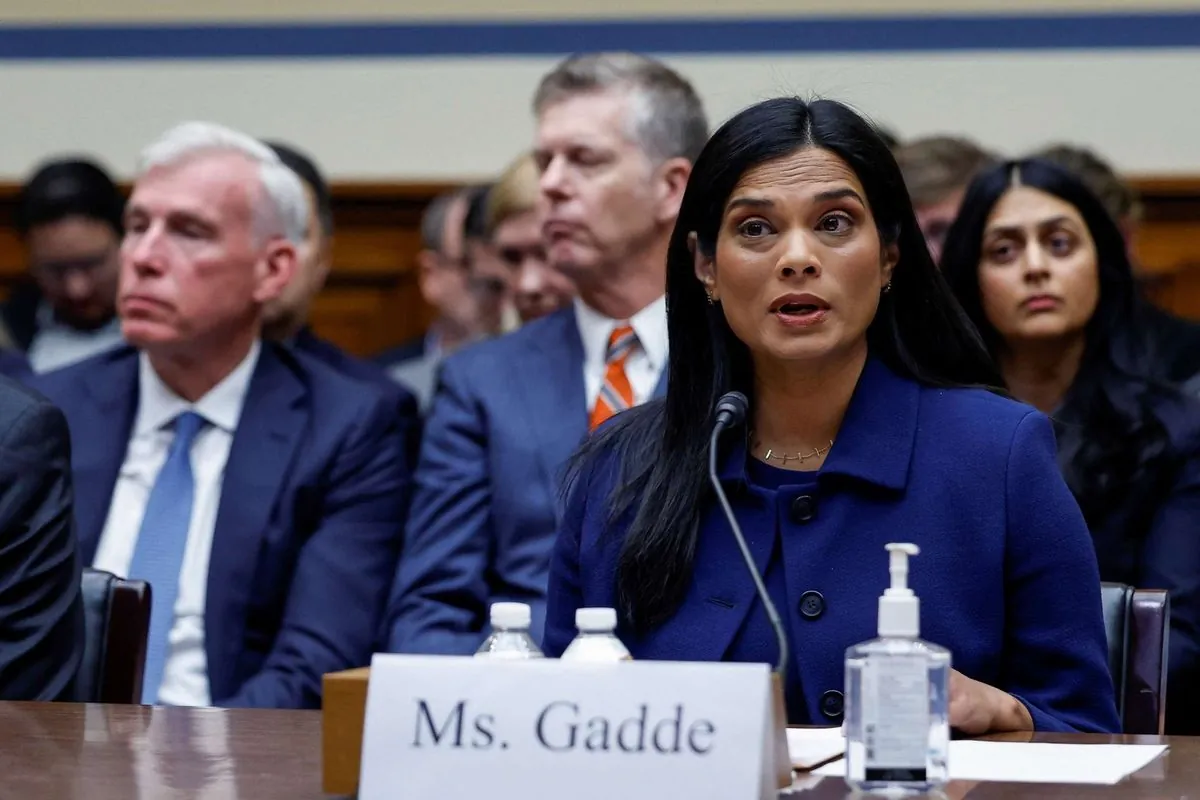Delaware Judge Dismisses Laptop Defamation Case in Biden Controversy
A Delaware court has rejected defamation claims in the Hunter Biden laptop case, dismissing suits against media outlets and the Biden campaign. The ruling also dismisses Hunter Biden's privacy claims.

In a recent legal development, a Delaware judge has dismissed defamation claims brought by John Paul Mac Isaac, the computer repairman at the center of the Hunter Biden laptop controversy. The ruling also rejected Hunter Biden's counterclaims of privacy invasion against Mac Isaac.
The case stems from events that unfolded in April 2019, when a laptop was left at Mac Isaac's repair shop in Wilmington, Delaware. The device's contents became a subject of intense public scrutiny in October 2020, when the New York Post published a report on emails found on the laptop, allegedly detailing Hunter Biden's business dealings in Ukraine.
Mac Isaac alleged that media reports and statements from Hunter Biden and the Biden presidential campaign had defamed him by implying the laptop was part of a Russian disinformation effort. However, Superior Court Judge Robert Robinson Jr. ruled that Hunter Biden's comments, which did not explicitly name Mac Isaac, were opinions and therefore not defamatory.

The judge's decision also dismissed Mac Isaac's defamation claims against CNN and Politico for their reporting on the laptop controversy. Additionally, claims against Joe Biden's campaign committee for suggesting the laptop's contents were Russian disinformation were rejected.
This case highlights the complex intersection of technology, politics, and media in modern controversies. The laptop story raised significant questions about the role of social media platforms in moderating political content and the ethics of reporting on potentially hacked or stolen data.
"The laptop could have been stolen from me or hacked, or Russian intelligence could have been involved."
The controversy surrounding the laptop became a significant issue during the 2020 U.S. presidential election. It led to 51 former intelligence officials signing a public statement suggesting the laptop story had "all the classic earmarks of a Russian information operation," an assertion that was later disputed.
Hunter Biden's involvement with Burisma, a Ukrainian energy company, from 2014 to 2019, added to the complexity of the situation. The laptop allegedly contained emails related to his business dealings in Ukraine, where his father, as part of the Obama administration, had led foreign policy efforts.
The FBI has since confirmed that Hunter Biden did indeed drop off the laptop at Mac Isaac's shop. This fact contradicts some of the initial speculation about the laptop's origins and authenticity.
Ronald Poliquin, Mac Isaac's attorney, expressed intention to appeal the decision, stating, "Hunter Biden went on national TV and gaslighted the American public by indicating John Paul Mac Isaac was part of a Russian hoax when he knew it to be false."
This case underscores the legal challenges in proving defamation in high-profile political disputes. It also demonstrates the ongoing debate surrounding the authenticity and significance of the laptop's contents, which continues to be a subject of investigation and discussion.
As this controversy continues to unfold, it serves as a reminder of the complex interplay between personal privacy, public interest, and political discourse in the digital age.


































